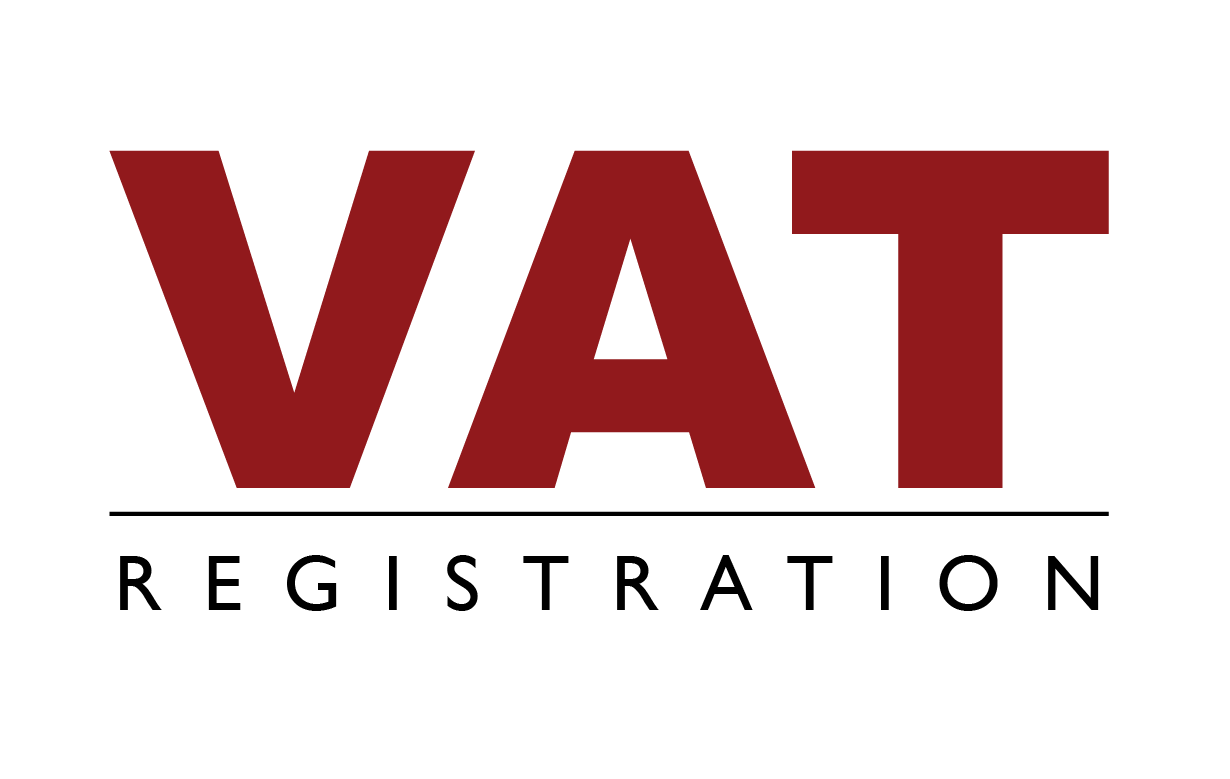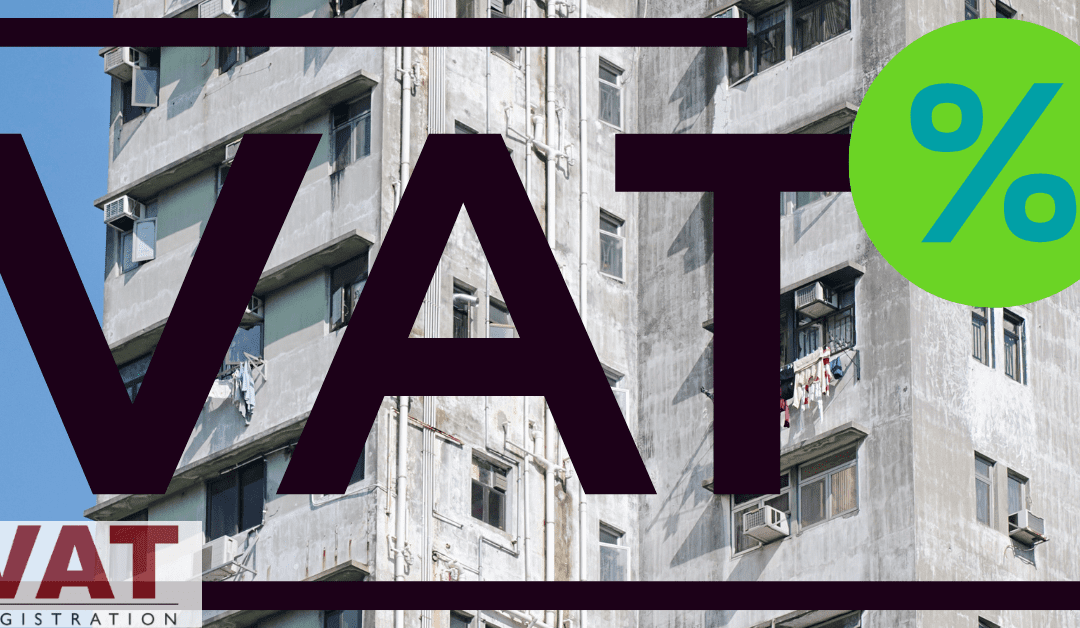In recent years, the United Arab Emirates (UAE) has seen significant changes in its tax system, particularly with the introduction of Value Added Tax (VAT). One of the areas impacted by this change is the labour accommodation sector. This article aims to demystify the VAT on labour accommodations in the UAE, presenting it in a straightforward, easy-to-understand manner.
1. Introduction to VAT in the UAE
Firstly, let’s understand what VAT is. VAT is a type of indirect tax applied on most goods and services. In the UAE, VAT was introduced in January 2018 at a standard rate of 5%. It’s a tax added to the price of products or services at each stage of production or distribution. Consumers often see it as a little extra percentage added to their bills.
2. VAT on Labour Accommodations: The Basics
Labour accommodations are facilities where companies house their workers. These are common in the UAE, given its large expatriate workforce. With VAT, the treatment of these accommodations depends on several factors, such as the type of accommodation, the services provided, and the terms of the lease or rental agreement.
3. When is VAT on Labour Accommodations Applicable?
VAT applies to labour residents in the following situations:
- Rental or Lease: VAT is typically charged when a business rents out labour lodging. This is similar to renting out a residential property.
- Additional Services: If services like cleaning, maintenance, or utilities are provided as part of the accommodation, they might also attract VAT.
- Mixed-Use Accommodations: For buildings used both for residential and labour accommodations, VAT treatment can be complex and depends on the specifics of each case.
4. Exemptions and Special Cases
However, there are situations where VAT may not apply, or a different rate might be applicable:
- Zero-rated or Exempt Supplies: Some accommodations might be zero-rated or exempt from VAT. This is often the case for new residential properties or certain charitable activities.
- Government-Owned Accommodations: Properties owned by government entities might have different VAT treatments.
5. Understanding Your VAT on Labour Accommodations Obligations
It’s crucial for businesses providing labour accommodations to understand their VAT obligations:
- Registration: If your business’s taxable supplies exceed the mandatory registration threshold, you must register for VAT.
- Record-Keeping: Keeping detailed records of all transactions related to labour accommodations is essential for accurate VAT reporting.
- Filing VAT Returns: Registered businesses must file VAT returns periodically, typically quarterly, and pay any VAT due to the government.
6. Impact on Businesses and Employees
The introduction of VAT on labour accommodations has several implications:
- Increased Costs: Businesses might experience increased operational costs, affecting pricing strategies and overall profitability.
- Compliance Requirements: Businesses must ensure compliance with VAT regulations to avoid penalties.
7. Navigating Challenges
Dealing with labour accommodation’s VAT can be challenging, especially for businesses unfamiliar with tax regulations. It’s advisable to seek expert advice or consult the UAE’s Federal Tax Authority for guidance.
Conclusion
Businesses in this sector must understand the VAT on labour accommodations in the UAE. Proper management and compliance can help businesses run smoothly without unexpected tax burdens. It adds extra responsibility, but it’s worth it.
VAT in the UAE is important for businesses, especially regarding labour lodgings. To handle this part of UAE tax law, businesses should stay informed and follow the rules.

